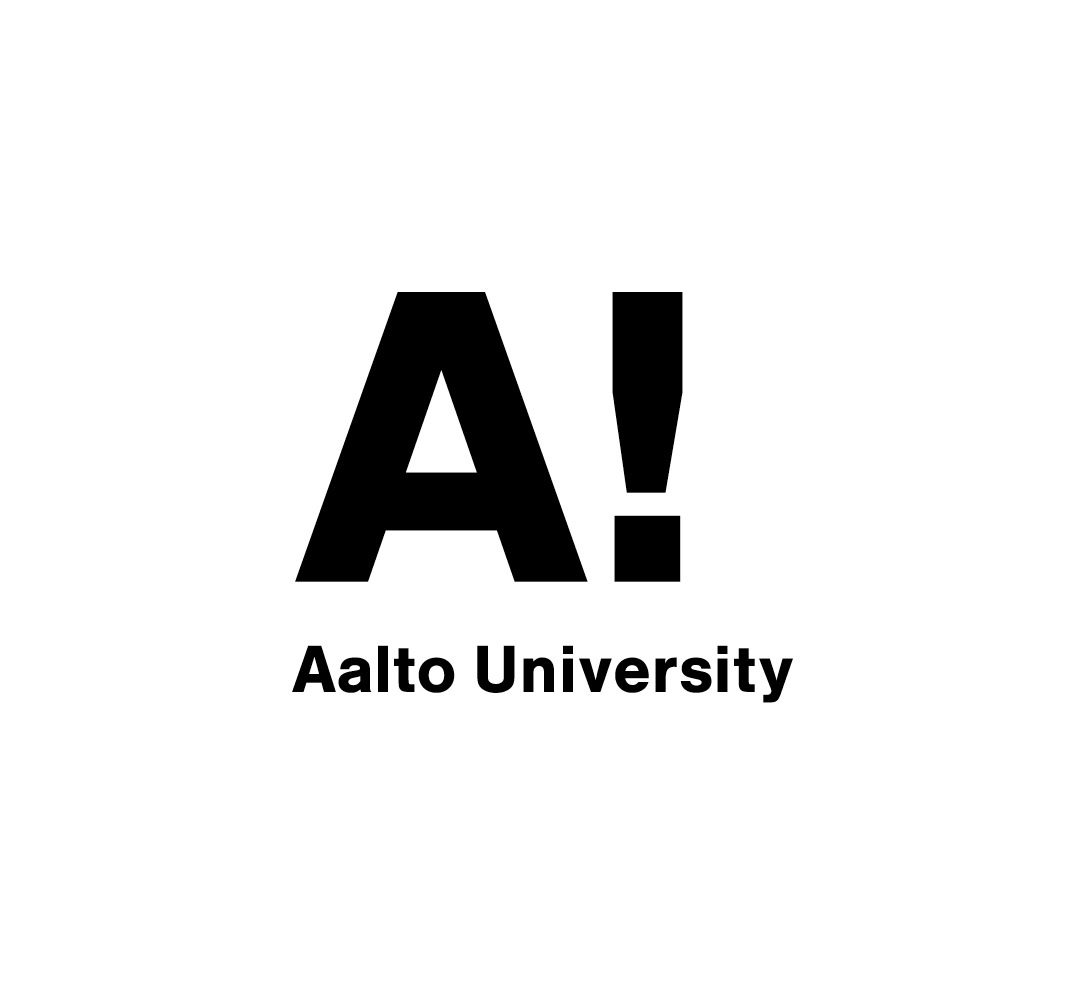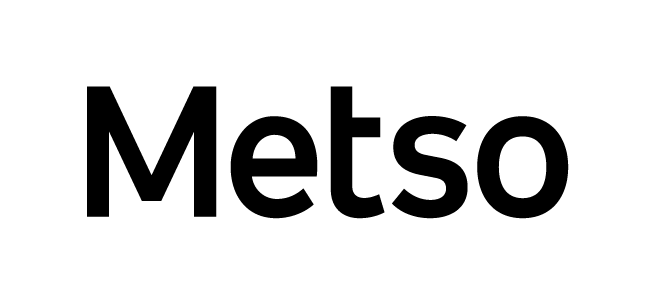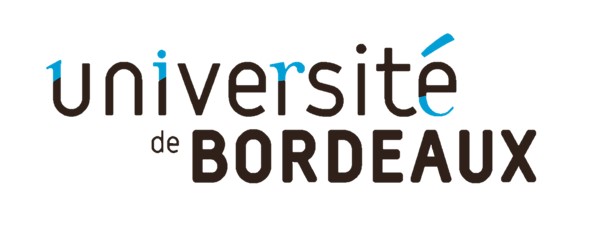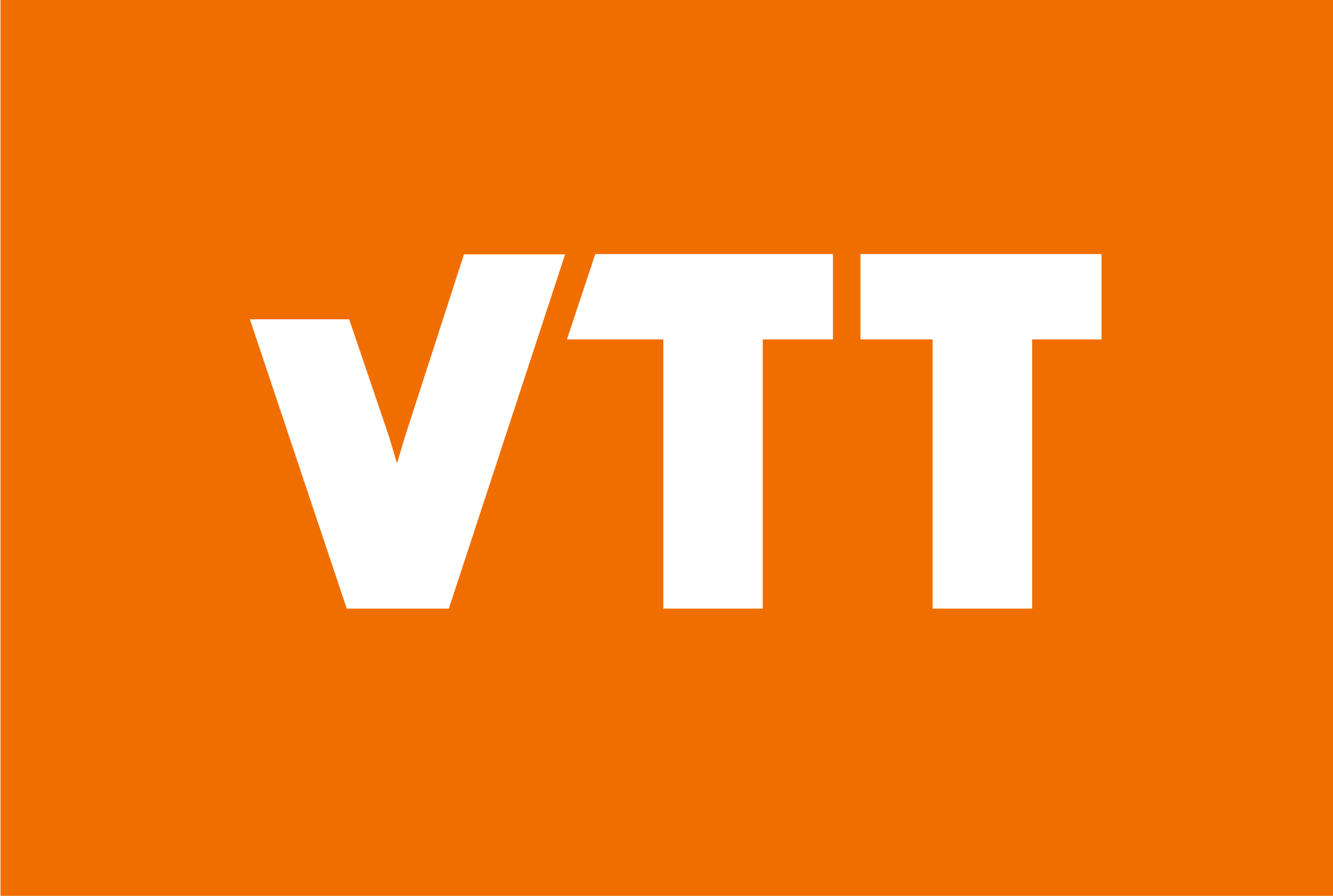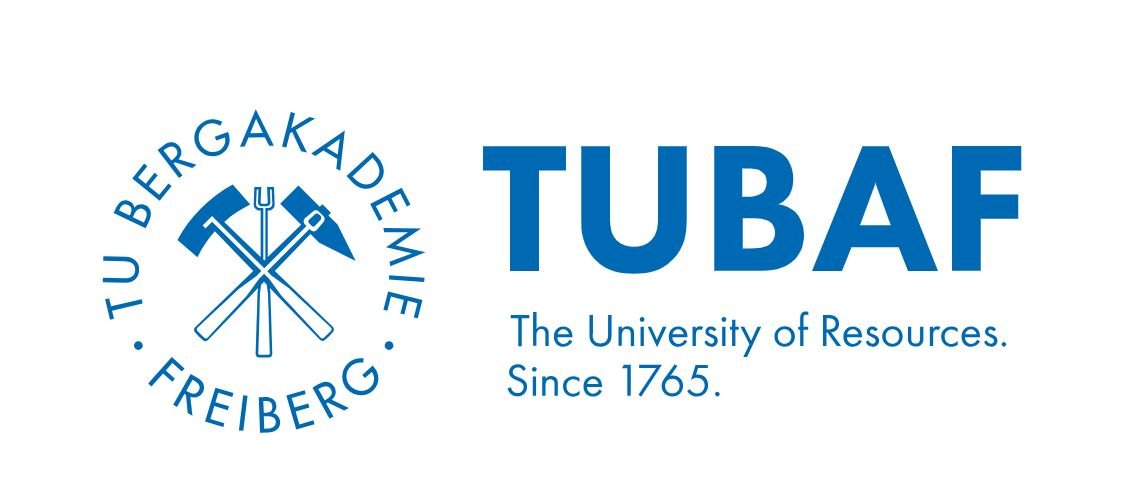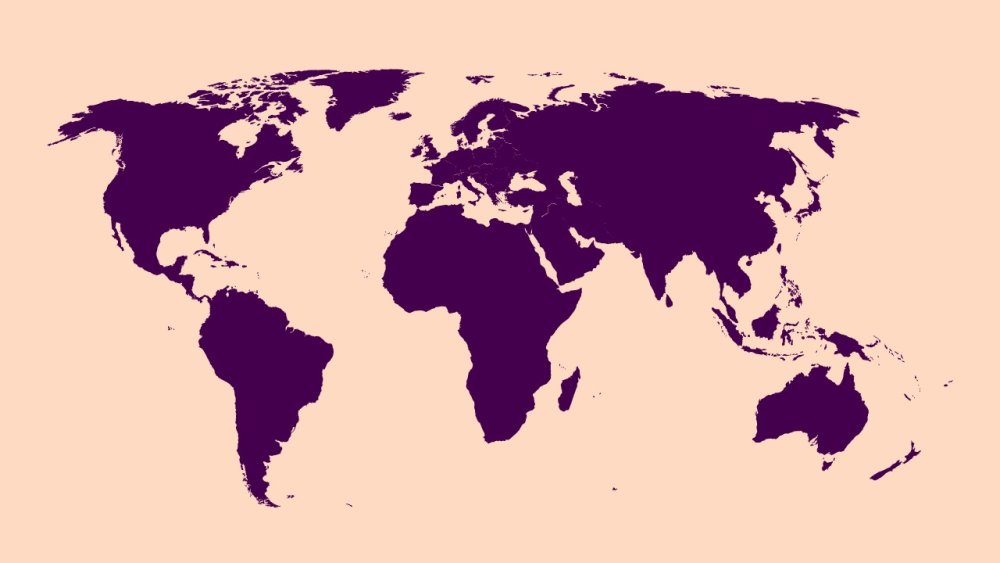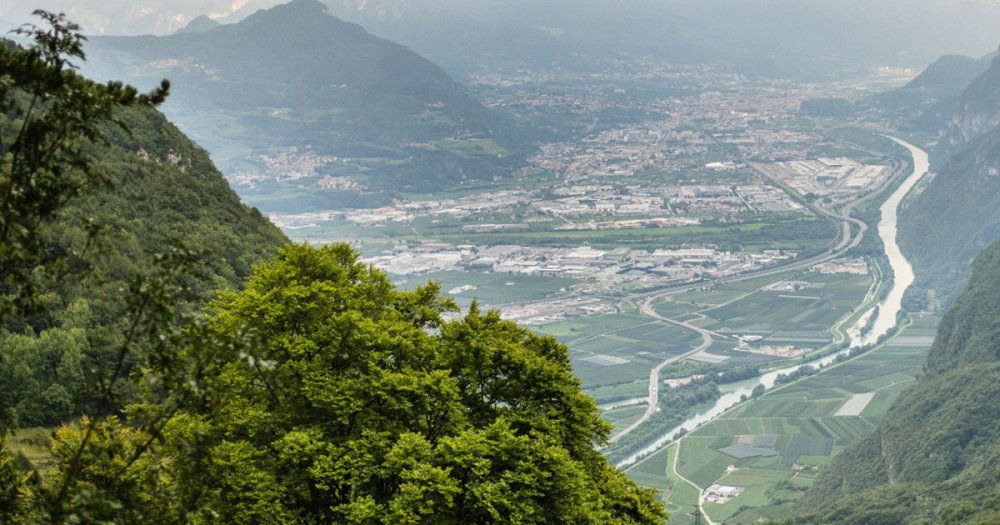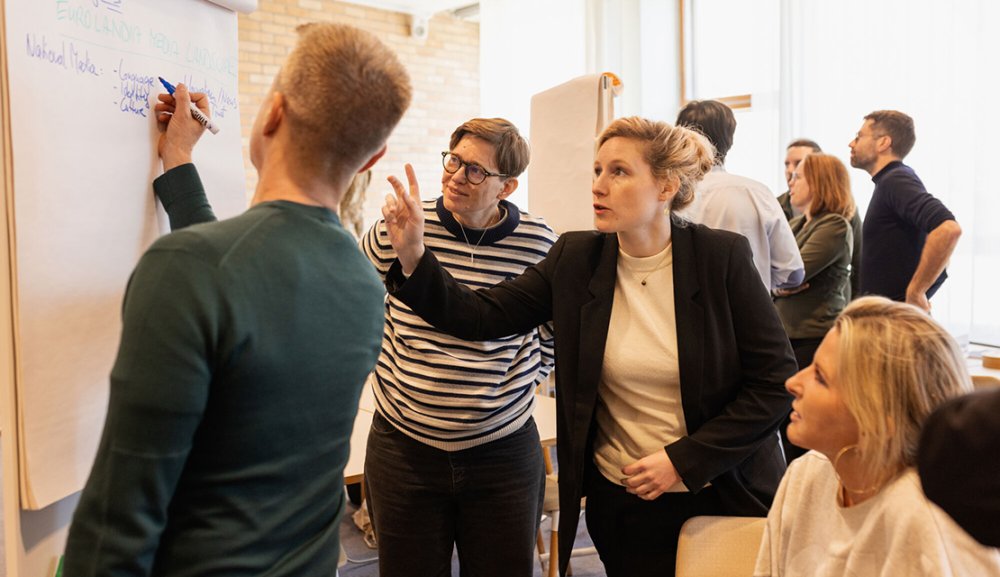Water Footprint and Thermodynamics Fundamentals for LCA Simulations
This upskilling program in low-temperature thermodynamics focuses on water solution chemistry and water footprint, as well as high-temperature thermodynamics in pyrometallurgy and inorganic process chemistry.
Throughout this study module, participants will be immersed in cutting-edge insights sourced from both academic research and industrial expertise. Participants may choose to complete this program as a standalone or join the Certificate in Advanced LCA Simulation that this program is a part of.
Learning Outcomes
After the completion of this study module, the participant will have obtained calculation skills in the following:
- Life Cycle Assessment with OpenLCA focusing on Carbon and Water footprints
- Mass and energy balances and CRM recovery of sedimentary ores, water, chemical and mineral components for mineral and metal processes
- Life Cycle Inventory of water with the aim to approach Closed loop water systems, materials streams, dust emission, benchmarking, and improvement potential of production processes
- Thermodynamics simulations based on Pitzer model, ChemSheet, and Calphad
- Low-temperature thermodynamics phenomenon predictions on hydrometallurgy, water solution chemistry, and water footprint
- High-temperature thermodynamics phenomenon predictions on pyrometallurgy and inorganic process chemistry
For
This program is designed for engineering, chemistry, and geology professionals working on process and product design, consultant enterprises, and authorities in public administration in the EU.
Their work can consist of, e.g., process or product design, R&D, or production of HSE (health, safety, and environment). The program is targeted at the process industry and the battery and electronic equipment manufacturing industries.
Prerequisites: Participants should have a basic understanding of metallurgy, materials science, or chemistry. Familiarity with mass and energy balances, unit operations, unit processes, chemical reactions, material science, and sustainability is beneficial but not required.
Program Structure
This study module consists of live online sessions focusing on different topics. Between sessions, participants will study additional materials that help them apply the learning.
Schedule
Developed in Collaboration with Research Institutions and Industry
The program utilizes VTT's ChemSheet simulation tool for advanced thermodynamic modeling
The program was originally designed and developed by Aalto University, Metso, TU Bergakademie Freiberg, University of Bordeaux, Wroclaw University of Science and Technology, Technical Research Centre of Finland Ltd. VTT and Aalto University Executive Education.
The program supports the EU’s sustainable products initiative to make products placed on the EU market more sustainable. It provides product designers with knowledge and tools to understand how they can adjust existing material cycles and design new processes to optimize the environmental performance of batteries while maintaining their functional quality. Applications include electronic equipment such as computers, phones, and tablets, the automotive and aeronautic sectors, and sustainable energy-related technologies.
